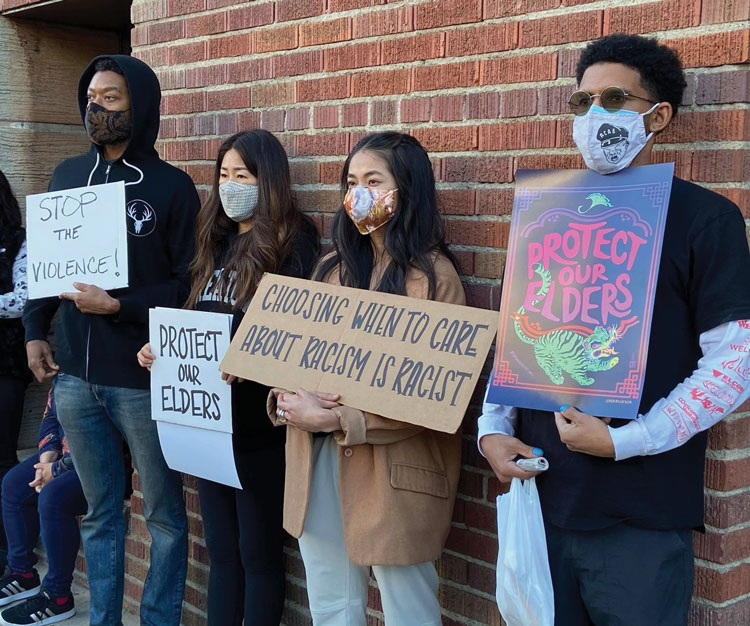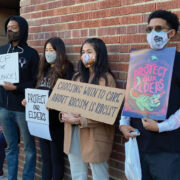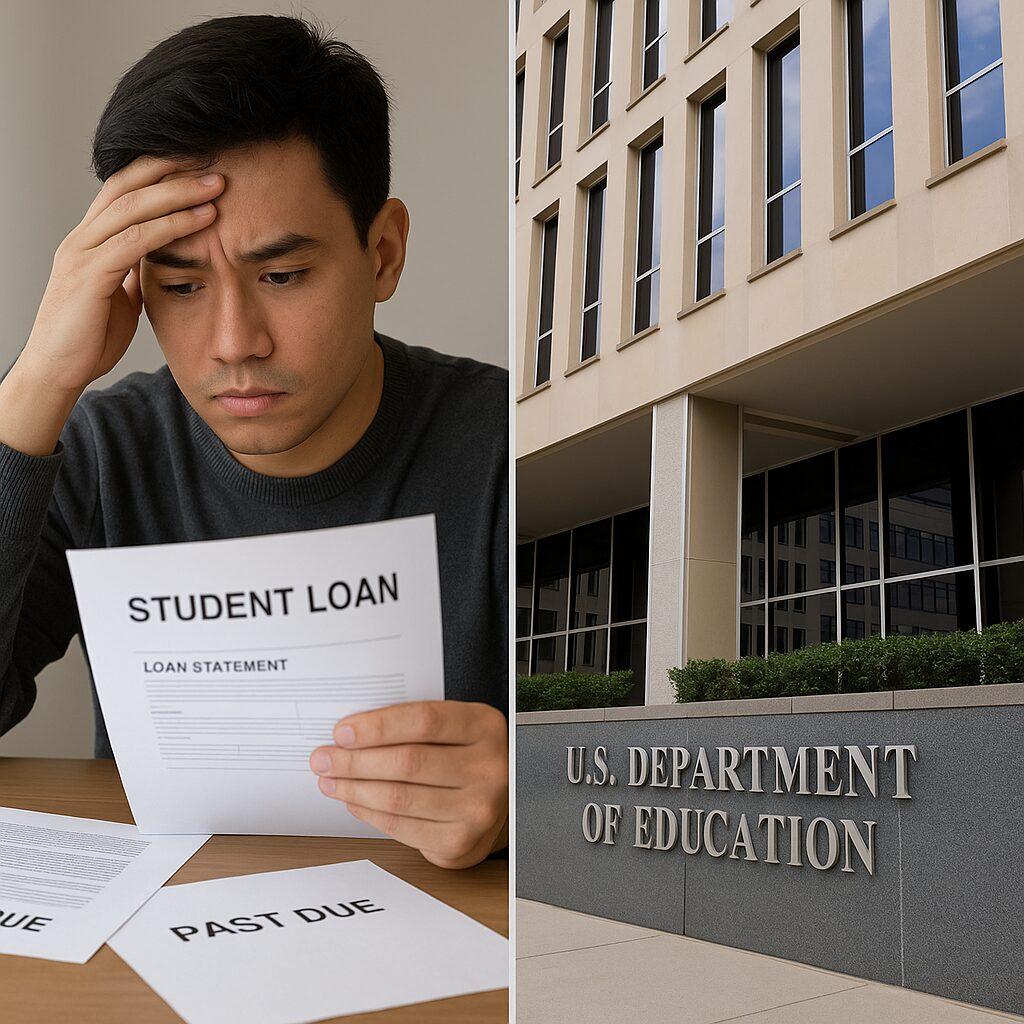
503 incidents in first 2 months of 2021 alone; 7.9% of total reports came from Fil-Ams, Stop AAPI Hate finds
NEARLY 3,800 hate incidents have been self-reported by Asian Americans and Pacific Islanders (AAPIs) — including approximately 8% of reports coming from Filipinos — across the country since the beginning of the COVID-19 pandemic, according to new data from Stop AAPI Hate.
Stop AAPI Hate, a national coalition that tracks anti-Asian American discrimination, reported on Tuesday, March 16 that from March 19, 2020 to February 28, 2021, it has received 3,795 firsthand incidents of racism and discrimination from all 50 states and the District of Columbia.
Of that number, 503 incidents took place in the first two months of 2021 alone.
The reporting center previously announced that it received 2,808 incidents from March to December 2020, but that number has increased to 3,292 based on accounts submitted at a later date.
Chinese are the largest ethnic group (42.2%) that say they’ve experienced hate, followed by Koreans (14.8%), Vietnamese (8.5%) and Filipinos (7.9%), Stop AAPI Hate found.
Women are 2.3 times more likely to report the incidents versus men. Youths (those up to 17 years old) accounted for 12.6% of incidents, while 6.2% were experienced by individuals 60 years and older.
Verbal harassment (68.1%) and shunning (20.5%), which entails the “deliberate avoidance of Asian Americans,” are the top two types of discrimination reported.
Stop AAPI Hate shared some examples of incidents, including one from Milpitas, California, in which the individual was shopping at a store when an older man started making faces.
The report continued, “I asked him what was wrong and he said, “What’s wrong? You are out here shopping!” I was confused, and he followed up with, “We delisted your companies, shipped back your international students…when do you ship out? When do you ship out? We are going to take away your citizenship!”
Meanwhile, physical assault (11.1%) comprises the third-largest category of total incidents. Civil rights violations — which include workplace discrimination, refusal of service, and being barred from transportation — comprise 8.5% of total incidents and online harassment makes up 6.8%.
Businesses were the “primary site” of discrimination (35.4%), followed by public streets (25.3%) and public parks (9.8%). Online harassment accounted for 10.8% of total incidents.
The reporting center said that the 3,795 incidents “likely represent only a fraction” of experiences by the AAPI community. A Pew Research Center study from July 2020 said that four in 10 Asian (39%) adults said: “someone has acted uncomfortable around them because of their race or ethnicity since the coronavirus outbreak.”
In recent weeks, high-profile cases have included violent attacks and assaults against Asian Americans, as previously reported in the Asian Journal.
The reports include 84-year-old Thai immigrant Vicha Ratanapakdee being pushed to death in San Francisco; Noel Quintana, a Filipino man who was slashed in the face on the New York subway while on his way to work and received nearly 100 stitches; and 74-year-old Juanito Falcon, a Filipino grandfather who was punched in the face in Phoenix, Arizona, and later died of his injuries.
In White Plains, NY, an 83-year-old Korean American woman was spat on and punched, causing her to hit her head on the ground and blackout, without provocation on Tuesday, March 9. Police arrested the 40-year-old suspect two days later.
A Filipina American medical worker was assaulted at a Caltrain station in San Jose as she was on her way to work on Wednesday, March 10. The suspect — identified as Johan Strydom, who was later arrested and charged — reportedly grabbed her from behind and pulled her hair back, as he hurled expletives about her Asian ethnicity, according to KTVU.
“The Asian American community needs more than solidarity; we need solutions,” said Manjusha Kulkarni, co-founder of Stop AAPI Hate and executive director of Asian Pacific Policy and Planning Council. “We ask policymakers at the local, state and national level to partner with us on implementing community-based solutions that will help ensure Asian Americans have equal rights and access to opportunities.”
Stop AAPI Hate was started by the Asian Pacific Policy and Planning Council, Chinese for Affirmative Action and San Francisco State University’s Asian American Studies department in March 2020, following a troubling rise in hate at the beginning of the pandemic.
In his first primetime address marking the one-year anniversary of the coronavirus pandemic on Thursday, March 11, President Joe Biden condemned the attacks on Asian Americans “who have been attacked, harassed, blamed and scapegoated.”
“At this very moment, so many of them, our fellow Americans, they’re on the front lines of this pandemic trying to save lives, and still, still they’re forced to live in fear for their lives just walking down streets in America. It’s wrong. It’s un-American. And it must stop,” Biden said.
The president signed an executive order on Jan. 26, which included directives to remove language in federal actions or documents that would contribute to xenophobia and racism against the Asian American and Pacific Islander population and for the Department of Justice to expand its collection of data and public reporting regarding hate incidents against community members.
Members of the Congressional Asian Pacific American Caucus have been pushing for a meeting with the DOJ and the administration to carry out the order.
Democratic lawmakers, led by Rep. Grace Meng (D-NY) in the House of Representatives and Sen. Mazie Hirono in the Senate, plan to introduce new legislation addressing the hate incidents against Asian Americans, according to USA Today.
Members of the AAPI community who have experienced hate during the pandemic are encouraged to report the incident at https://stopaapihate.org/reportincident. In addition to English, individuals can report in one of 11 languages, including Tagalog.







